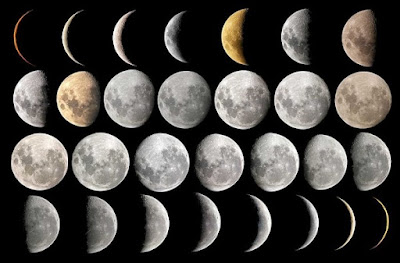 |
AI-generated graphic by NightCafé for The New Verse News. |
In nursing school, I was taught
critical thinking. But then,
I attended a radical-left
communist community college
in tiny rural Tonkawa, Oklahoma.
It hasn't helped
that I"ve had to listen to this fool spout
his nonsense day after day after day.
Like Father Karras in The Exorcist,
I've been driven to take some kind of action
against all these devils.
I'm at Subway. The idea pops.
I begin to make a plan. The casing
of the bomb will be critical, hard but
not too hard, and not too heavy to hold
in one hand. That means it will have to be
toasted and still have some heft.
Nothing light with a lot of holes in the crust.
Sourdough-based wheat would be perfect.
The explosive mixture must be carefully
chosen. Muscle weighs more than fat.
That eliminates a salami based explosion.
Meatballs are out automatically—
You don't want to cause tomato sauce
collateral damage to any registered voters.
Tuna would work if it's not too wet.
This stuff is ghastly.
I've got it: long, thin strips of lean roast beef.
I'll pay extra for a double helping, tell
the girl with the plastic covered hands
to pack it down hard.
And cheese. American is probably
best, or so my targets think, although most
have Swiss bank accounts created for them
by their oligarch handlers.
Time to think of condiments. Screw the pickles.
Red onions and slices of jalapeno stacked
on top near the toast so they'll scatter
on impact. I'll need a fuse. Something
with a slow burn that will give me
a head start. Dark mustard with horseradish
is perfect. After I pay, I toss the package
up and down, feeling its heft, guessing that
if it doesn't go off now it must be ready.
I leave the store and see the crowd
a block away. With renewed resolve I start
to walk that way thinking, I really should
have brought my toothbrush.






